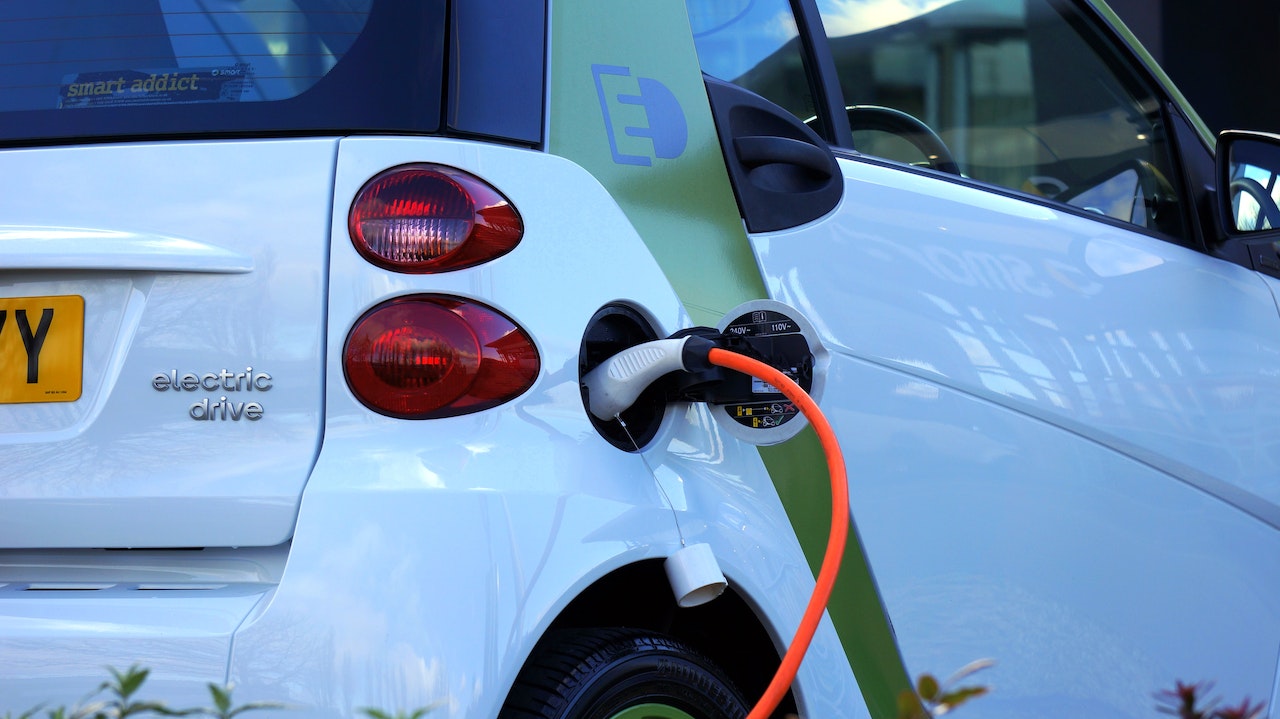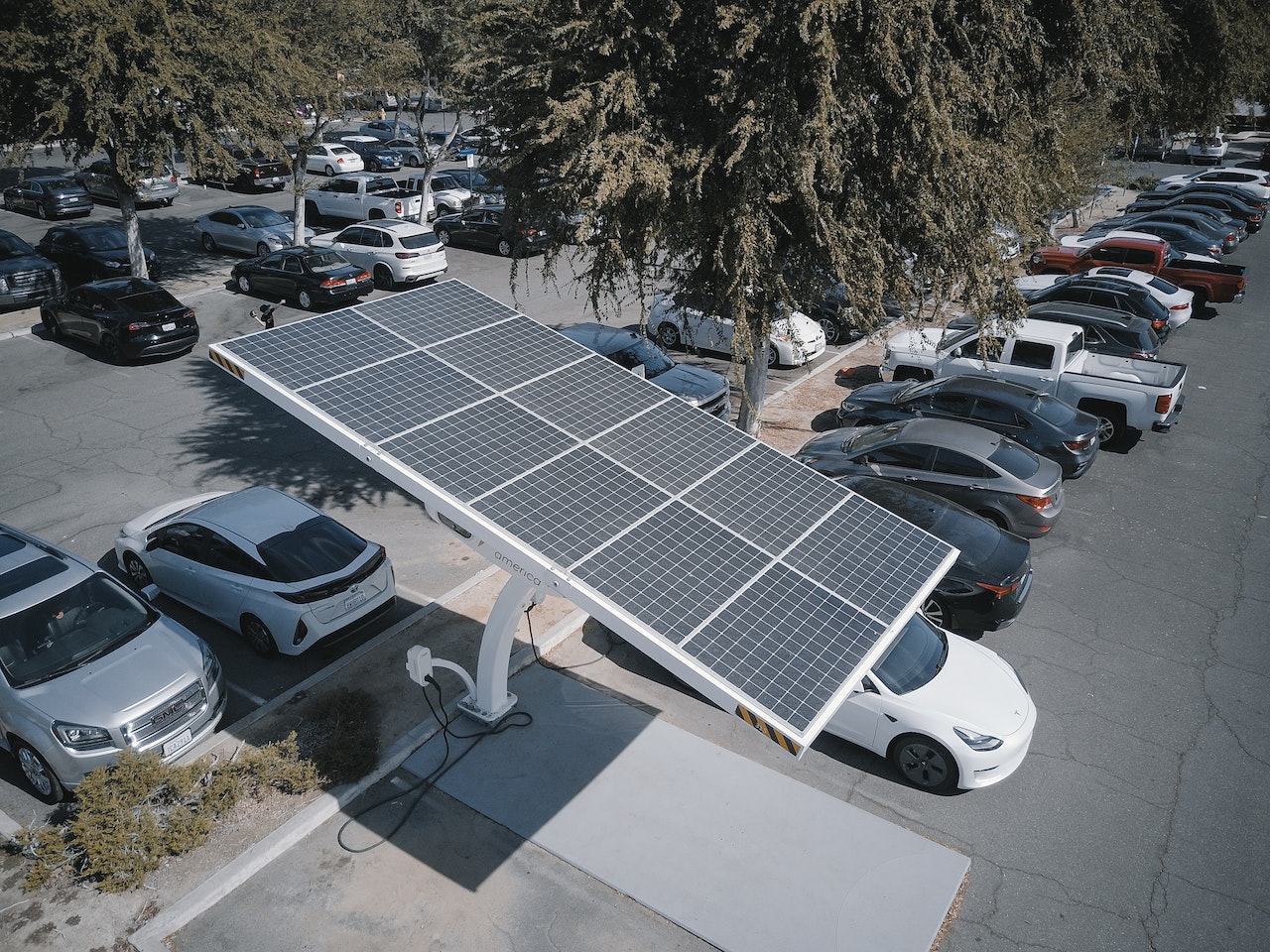
The electric vehicle (EV) market in Australia has experienced a remarkable surge, with sales soaring from 21,000 in 2021 to 40,000 in 2022. This surge can be attributed to several factors, including the availability of affordable and high-performance BEV and PHEV models, government incentives, rising fuel costs, and the increasing demand for environmentally friendly vehicles.
Australia’s Flourishing Electric Vehicle Market
Government Support for Electric Vehicles
The Australian government has implemented initiatives such as rebates and waivers of registration fees or stamp duty for EV buyers, aiming to encourage the adoption of electric vehicles and contributing to their growing popularity. Incentives like the fringe benefits tax exemption on novated leasing have made EVs more financially viable for consumers.
Several states and territories have also committed to electrifying public transportation to meet emissions reduction targets, fostering widespread adoption of EVs by businesses and individuals.
The National Electric Vehicle Strategy
The National Electric Vehicle Strategy is poised to revolutionise the EV market in Australia, with plans to ensure that all new cars sold in the country are zero-emission vehicles by 2030.
This strategy presents new opportunities and potential for investments in the industry while significantly reducing greenhouse gas emissions.
Improvements in Charging Infrastructure
The availability and quality of charging infrastructure have significantly improved across regional Australia, facilitated by the introduction of fast charging technology.
These advancements allow motorists to charge their vehicles much faster, making electric vehicles more practical and appealing to a broader range of consumers.
Benefits of Electric Vehicles for Consumers and the Environment
The surging popularity of electric vehicles brings forth numerous advantages for both consumers and the environment. EVs offer low maintenance costs and financial incentives like rebates and waivers of registration fees or stamp duty, with the fringe benefits tax exemption on novated leasing making EVs more affordable to purchase.

The electric vehicle market in Australia has experienced a remarkable surge in recent years. In 2021, sales of EVs in Australia totaled 21,000. By 2022, that number had more than doubled to 40,000.
This surge can be attributed to a number of factors, including:
- The availability of more affordable and high-performance EV models. In the past, EVs were often seen as being too expensive or not powerful enough for most consumers. However, recent advances in technology have made EVs more affordable and more capable, making them a more attractive option for a wider range of buyers.
- Government incentives. The Australian government has offered a number of incentives to encourage the adoption of EVs, including rebates, waivers of registration fees, and tax breaks. These incentives have made EVs more affordable and accessible to consumers.
- Rising fuel costs. The cost of petrol and diesel has been rising in recent years. This has made EVs more attractive to consumers who are looking for a more affordable way to get around.
- Increasing demand for environmentally friendly vehicles. Many consumers are becoming more concerned about the environment and are looking for ways to reduce their carbon footprint. EVs are a zero-emission vehicle, making them a more environmentally friendly option than traditional gasoline-powered cars.
Top 5 Popular EVs in Australia
1. Tesla Model 3
The Tesla Model 3 is a popular electric sedan known for its impressive range, performance, and advanced features. It gained significant popularity in Australia due to its competitive pricing and availability.
In April, Tesla achieved impressive sales figures with a total of 3,676 electric vehicles (EVs) sold in Australia. This pushes their total sales for 2023 to 14,083 units, accounting for approximately 59% of the overall EV sales in the country during the first four months of the year, which reached 23,926 units.
Notably, Tesla’s sales in 2023 have already surpassed the total sales of the best-selling EV brand in 2021 and represent 72% of Tesla’s total sales in 2022. These numbers highlight the continued growth and popularity of Tesla’s EVs in the Australian market.
2. Nissan Leaf
The Nissan Leaf is one of the best-selling electric vehicles globally. It offers a practical driving range, comfortable interior, and relatively affordable price, making it a popular choice for EV enthusiasts in Australia.
The Nissan Leaf has been instrumental in catalysing the adoption of electric vehicles (EVs) in Australia for over a decade. However, in 2022, Nissan experienced a slight decline in sales with 331 new Nissan Leafs sold to local customers, compared to the 367 sales achieved in 2021. Despite this dip, the Nissan Leaf remains a significant player in the Australian EV market, maintaining its reputation as a pioneering choice for environmentally conscious drivers.
3. Hyundai Kona Electric
The Hyundai Kona Electric is a compact SUV that has gained popularity in the Australian market. It offers a good driving range, practicality, and a competitive price point, making it an appealing choice for those looking for an electric SUV.
4. BMW i3
The BMW i3 is a distinctive electric hatchback that offers a blend of efficient driving and luxury features. While it’s a premium offering with a higher price tag, it has attracted attention from EV enthusiasts who appreciate its unique design and BMW’s reputation for performance.
5. Mitsubishi Outlander PHEV
The Mitsubishi Outlander PHEV (Plug-in Hybrid Electric Vehicle) is a popular choice among Australian consumers due to its hybrid powertrain, offering both electric and gasoline-powered driving modes. It combines the benefits of electric driving with the convenience of a traditional hybrid, making it a preferred choice for those who are transitioning from conventional vehicles to electric technology.
Embracing a Promising Future
Australia’s electric vehicle market is experiencing exponential growth, driven by the availability of affordable and high-performance EV models, government support, rising fuel costs, and consumer demand for environmentally friendly vehicles.
This growth promises positive effects on both the environment and the economy, as EVs produce zero emissions, improving public health and reducing air pollution levels.
Increased EV sales have the potential to stimulate job growth in industries like battery production and servicing.
As electric vehicles become increasingly appealing to Australians for economic and environmental reasons, it is crucial for the government to continue supporting this growth through additional incentives. By doing so, consumers can make informed decisions when investing in EVs, further propelling the electric vehicle market in Australia and paving the way for a sustainable future.
Need help setting annual CO2 reduction targets? Get your Certification through one of our NoCO2 Certification Programs.


